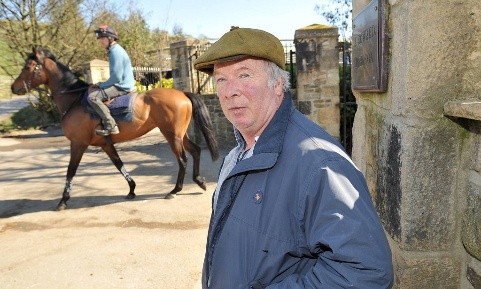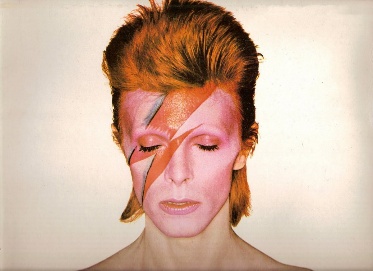Rutherford set to take up trainers’ licence
By Lewis Anderson
Gary Rutherford always fancied giving training a try once his days in the saddle were over.
The Jedburgh-based jockey just never expected it to happen so soon.
Rutherford, 28, had hoped to spend at least another decade in the saddle as a rider on the northern circuit, but his career was turned upside down by a horror fall at Cartmel nearly three years ago which saw him fracture and dislocate his hip.
He spent 15 months on a long road to recovery, which included an extensive rehabilitation programme, but after securing only eight rides and riding just one winner the following year, Rutherford decided not to renew his jockey’s licence when it expired in March.

Now the former 5Ib claimer is turning his hand to training.
Borders businessman Ian Herbert recently sent him three horses to run in hunter chases and point-to-points and Rutherford said: “Ian was looking for someone to train a few horses for him at a place he’s bought near here, my name got put forward and that’s how we met.
“Even when I was riding, I was always interested in training – it’s just happened a bit sooner than planned!
“It’s early days and because I don’t have a licence yet, I can only run Ian’s horses in hunter chases or in point-to-points. We’ve had only five runners and our best result was with Miss Biscotti who was fourth in a hunter chase at Kelso.
Rutherford is still head lad for local trainer George Bewley, but he added: “Ian’s been kind enough to give me a great opportunity. I don’t want to waste it.”
On his runner’s in the coming weeks, Rutherford said: “Barrick’s Hill is set for another hunter chase at Kelso on Sunday week, Miss Biscotti goes to Cartmel the following week and Teviot Prince heads to Hexham this Sunday.”
In other racing news, Howard Johnson has announced he has no intention of making a dramatic return to training, stating he would lack the necessary confidence after four and a half years away from the ‘National Hunt’ scene.
The County Durham handler, best known for his handling of three-time World Hurdle winner Inglis Drever, was free to re-apply for a training licence after serving a suspension for breaching horse and welfare medication rules in 2011.

Amidst speculation the 62-year-old could be coming out of retirement following the completion of his ban which ended last August, Johnson outlined he has no plans to take up a new licence and is instead focused on his farming operation in Crook, near Durham.
“I’m not going to bother,” he said. “There’s been a bit of contact with a few of my old owners wanting me to start again, but after five years out, I wouldn’t feel confident.”







